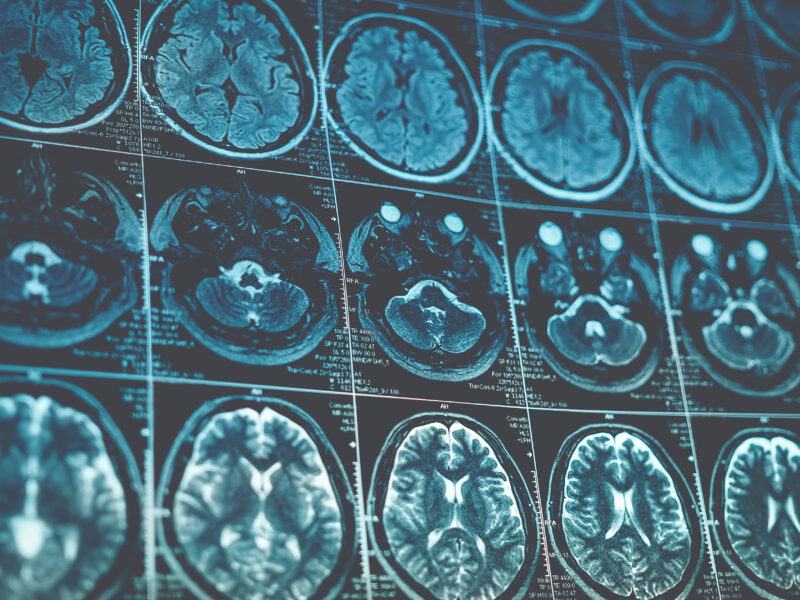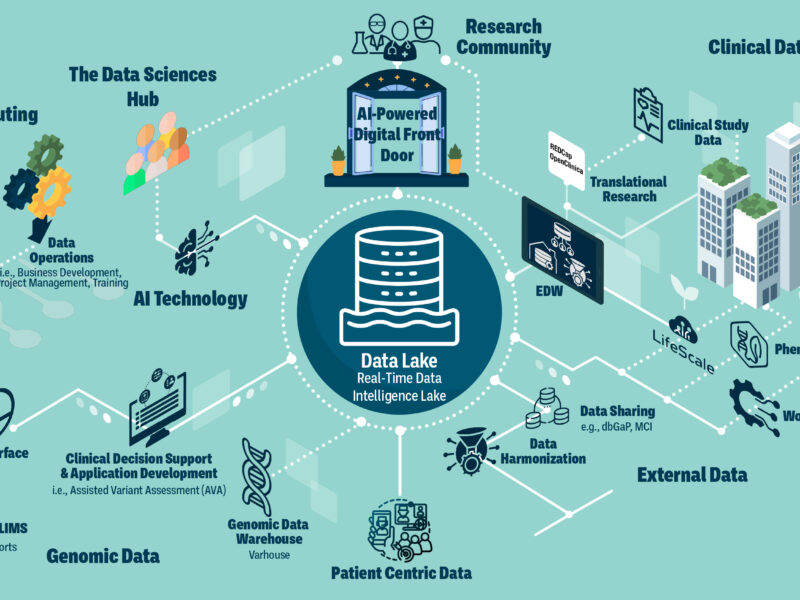Using Whole Exome Sequencing to Find Genetic Cause of Congenital Heart Disease in At-Risk Patients
Using Whole Exome Sequencing to Find Genetic Cause of Congenital Heart Disease in At-Risk Patients https://pediatricsnationwide.org/wp-content/themes/corpus/images/empty/thumbnail.jpg 150 150 Brianne Moore Brianne Moore https://pediatricsnationwide.org/wp-content/uploads/2021/03/Brianne-Moore.jpg- August 16, 2016
- Brianne Moore
Whole exome sequencing has the ability to identify disease-causing mutations, contributing to the development of personalized medicine and bridging a crucial gap between scientific knowledge and clinical application.
Congenital heart disease (CHD) is the most common type of birth defect, affecting approximately 40,000 births per year in the United States. While some types of CHD arise in conjunction with other birth defects as part of a genetic syndrome, such as Trisomy 21, the majority of cases occur as isolated birth defects, with their causes unknown. Previous work has identified mutations in a subset of genes to be linked to CHD in humans. However, due to the complexity of testing, genetic analysis for familial cases of isolated CHD is not commonly performed in clinical settings.
A recent study from Vidu Garg, MD, Kim L. McBride, MD, MS, and Peter White, PhD, at Nationwide Children’s Hospital has used whole exome sequencing (WES) to identify the genetic cause of CHD in patients with a family history of CHD. It is the first study to demonstrate that data from WES can be applied to clinical testing of CHD. Types of CHD affecting patients in the analysis included atrial septal defects (ASD), patent ductus arteriosus (PDA), tetralogy of Fallot (TOF) and pulmonary valve dysplasia.
“Exome sequencing looks at almost all of the protein-coding genes in a person’s genome to identify pathogenic mutations,” says Dr. Garg, director of the Center for Cardiovascular Research in The Research Institute and a pediatric cardiologist in The Heart Center at Nationwide Children’s as well as co-senior author of the study. “Not only is it faster than other methods of sequencing, but it allows one to look at all the genes instead of searching for only mutations in genes that we already know are associated with congenital heart defects.”
“Families where more than one family member has a congenital heart defect indicate to us that there’s likely a genetic mutation causing problems, and that’s why this study only focuses on families with CHD,” says Dr. White, director of Molecular Bioinformatics and the Biomedical Genomics Core at Nationwide Children’s as well as co-senior author of the study. “We obtained a blood sample, isolated DNA, and then used next generation sequencing technology, combined with advanced data analysis techniques, to find where affected family members’ DNA was different from their healthy relatives’. We finally cross-listed those mutations with the current candidate gene list of 69 CHD-linked mutations to find what was causing each family’s particular defects.”
The study identified the genetic cause of CHD in 3 of the 9 families tested, despite only having limited genetic information from affected family members in some cases. This success rate is quite high and demonstrates the benefits of utilizing previously identified causative genes in combination with modern sequencing techniques to diagnose the genetic cause of CHD in patients with familial CHD.
“In the three families we identified, we already knew that mutations in these genes – TLL1, MYH11, and GATA4 – can cause heart defects,” explains co-senior author Dr. McBride, principal investigator for the Center for Cardiovascular Research and member of the Molecular and Human Genetics physician team at Nationwide Children’s. “The 6 families in the study whose genetic causes weren’t identified most likely have novel genetic causes, meaning that their CHD is due to mutations in genes that haven’t been linked to CHD yet. We plan to study the remaining families’ data and use WES to find these mutations and put them one step closer to diagnosis.”
Dr. McBride, Dr. White and Dr. Garg are also using WES to investigate CHD affecting the left-side of the heart, a different type of CHD also known to be highly heritable and hope to publish their findings within the next year.
Reference:
LaHaye S, Corsemeier D, Basu M, Bowman JL, Fitzgerald-Butt S, Zender G, Bosse K, McBride KL, White P, Garg V. Utilization of Whole Exome Sequencing to Identify Causative Mutations in Familial Congenital Heart Disease. Circulation: Cardiovascular Genetics. 2016 July 14.
About the author
Brianne is interning as a science writer and editor for Clinical & Research Communications at Nationwide Children's Hospital. She contributes to a variety of publications, including Pediatrics Nationwide and PediatricsOnline.
-
Brianne Moorehttps://pediatricsnationwide.org/author/brianne-moore/
-
Brianne Moorehttps://pediatricsnationwide.org/author/brianne-moore/
-
Brianne Moorehttps://pediatricsnationwide.org/author/brianne-moore/September 19, 2016
-
Brianne Moorehttps://pediatricsnationwide.org/author/brianne-moore/October 18, 2016
- Post Tags:
- Cardiology
- Genomics
- Research
- Posted In:
- In Brief







